
The Institute of Economic Research and Public Policy (IERPP) has, in a report, passed a verdcit on the Mahama administration in the first 120 days in office.
IERPP report indicated that the Mahama administration has delivered just 23.13% of its key social intervention promises in the first 120 days.
Speaking at a press conference at the Ghana International Press Centre in Accra on Wednesday, May 7, 2025, under the theme “The 120-Days Accountability Showdown: Are We Resetting or Repeating the Past?”, Dr. Frank Bannor, Senior Research Fellow at IERPP and Lecturer at GIMPA, explained that the IERPP assessment covered 25 key manifesto promises across four thematic areas, using verifiable implementation data and weighted scoring based on the importance of each policy. The grading scale, he said, followed international benchmarks for assessing government performance.
According to the senior IERPP Research Fellow, the Mahama administration scored an average of approximately 23.13% for its social interventions.

Five key promises
Dr. Bannor outlined the assessment of five key promises made for delivery within the government’s first 120 days:
One, is National Education Conference (Promise No. 19)
Dr. Bannor noted that while the government successfully organized the National Education Conference, it is crucial to distinguish between launching a policy and implementing it.
“For example, when the NPP government under Dr. Bawumia launched Free Senior High School in 2017, the launch was only the beginning—real impact came with budget allocations and operational plans,” he said.
He stressed that despite the conference being held, critical outcomes such as addressing teacher shortages and unpaid salaries, especially in deprived areas, remain unfulfilled. Based on this, the IERPP awarded the government a 20% score. As think tank, he also recommended urgent attention to sector-wide challenges, including data collection, logistics, and outstanding payments.
Free First-Year Tertiary Education
Two, is Free First-Year Tertiary Education (Promise No. 10). He said the government’s promise to offer free first-year tertiary education at public universities, colleges of education, and nursing training colleges has moved beyond announcement. He recalled that the Finance Minister, Dr. Ato Forson, allocated GHS 499.8 million for implementation.
Given this commitment, he said the IERPP awarded the government a 100% score. However, Dr. Bannor cautioned that sustaining the policy would require long-term financial planning beyond the current administration.

Three, is Mahama Cares Fund & Free Education for Persons with Disabilities (Promise No. 11). He explained that under this intervention, a nine-member task force has been inaugurated, and the president launched the Ghana Medical Trust Fund. Of four outlined commitments, three have been achieved, earning the government a 75% score.
Dr. Bannor, however, raised concerns: “How will the government identify eligible PWD beneficiaries, particularly in rural areas where persons with disabilities are often hidden from public view? Will the program target only poor PWDs, or will it cut across income levels?” He stressed that clarity on beneficiary targeting is essential.
Free Sanitary Pads
Four is Free Sanitary Pads for Schoolgirls (Promise No. 12). He told the pressmen and women that the government’s promise to distribute free sanitary pads to female students in primary and secondary schools has seen a pilot rollout, with a widely circulated video showing President Mahama symbolically tossing a pad into the air at the launch.
While Dr. Bannor expressed strong support for the initiative, especially as a father himself, he stressed the importance of clear selection criteria. “We often argue that the rich should pay while the poor are subsidized. So, will the program apply to all girls, or will it prioritize those from poor households? Many parents can afford ?20 packs, but some cannot even afford even ?5,” he said.
He also raised practical concerns: “Girls’ menstrual cycles don’t happen on the same day. Will distribution happen monthly, or will schools stock supplies so girls can access them as needed?” Without proper implementation, he warned, the policy risks missing its goal. Based on current progress, IERPP scored this intervention 60% and recommended that the government partner with NGOs for effective scaling.
Women’s Development Bank
Five, is Seed Money for the Women’s Development Bank (Promise No. 15).
Dr. Bannor highlighted that women dominate Ghana’s micro, small, and medium enterprise (MSME) sector, employing 80–85% of the informal workforce.
While the government allocated ?51 million in seed money for the bank, Dr. Bannor noted this amount is grossly insufficient. He referenced the Bank of Ghana’s 2017 recapitalization, which raised the minimum capital requirement to ?400 million, and pointed out that some development banks may require as much as ?800 million.
“It’s unclear what type of development bank the NDC envisions, but ?51 million falls far short,” he said. Accordingly, he said IERPP scored this intervention 5% and advised the government to explore innovative financing options such as long-term diaspora bonds to raise the needed capital.
Overall performance
The cumulative score across the five social intervention promises amounts to 185%, averaging 23.13% when divided by the five promises assessed.
Dr. Bannor placed these findings in a broader context, referencing a World Bank report released on May 6, 2025, which revealed that 25% of Ghanaians now live on less than ?30 (approximately $2.15) per day.
“This is alarming. Without accelerated social interventions, Ghana risks eroding its recent growth gains,” he warned, highlighting rising food prices and a worsening cost of living.
He added, “Social policies are not just political promises — they are lifelines for the poor and vulnerable. When a government campaigns on the promise of improving lives, it must be held accountable for delivering on those pledges. While progress has been made in some areas, significant gaps remain. Effective implementation, targeted support, and sustainable funding must underpin all social interventions if they are to achieve their intended impact”.
The post IERPP’s Dr. Bannor: Mahama has delivered only 23% on social interventions in the first 120 days first appeared on 3News.
Read Full Story






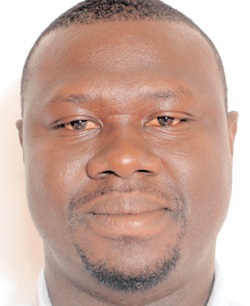

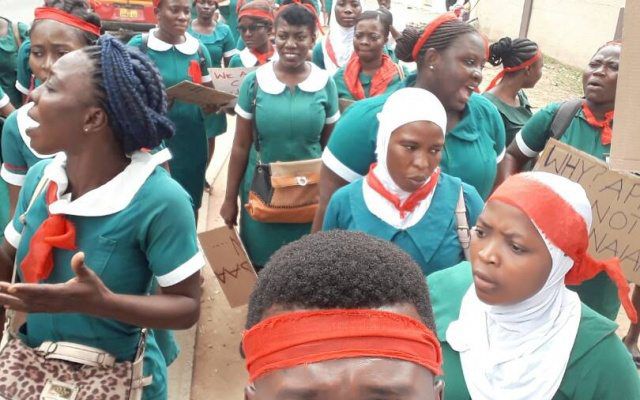


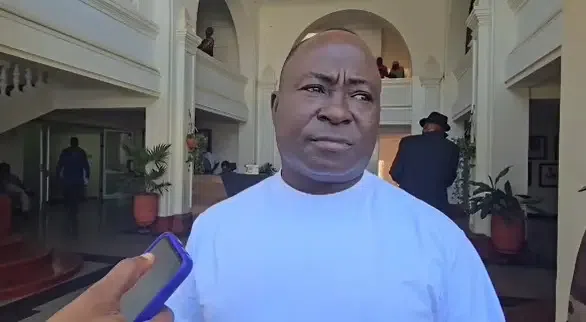
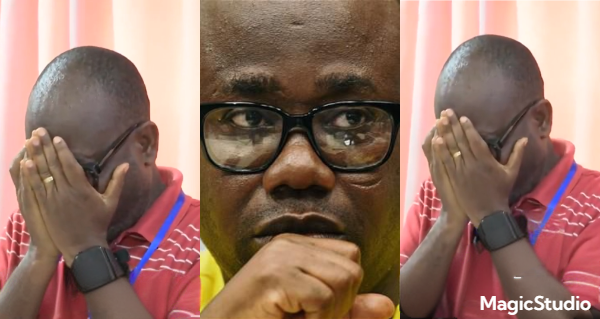

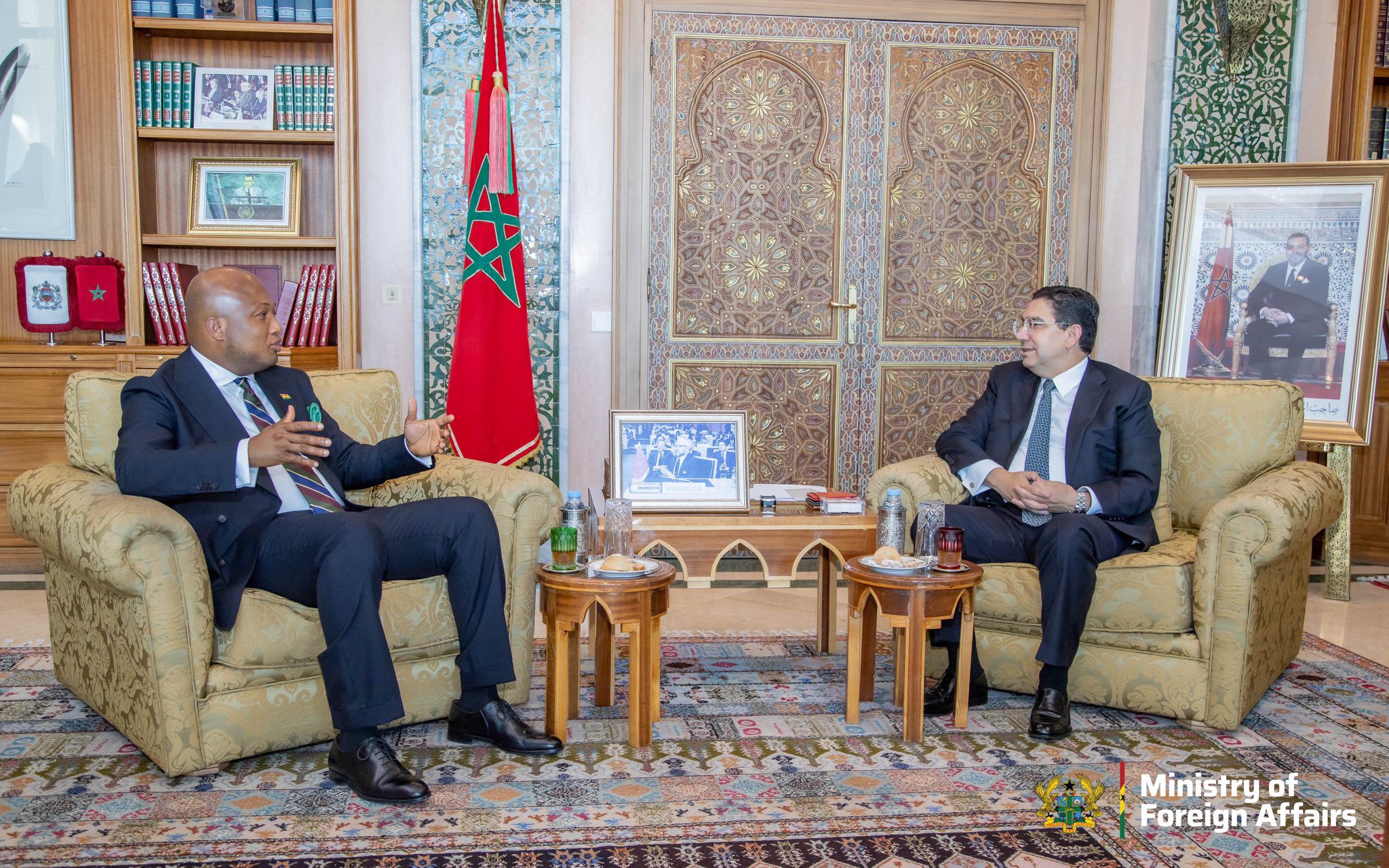
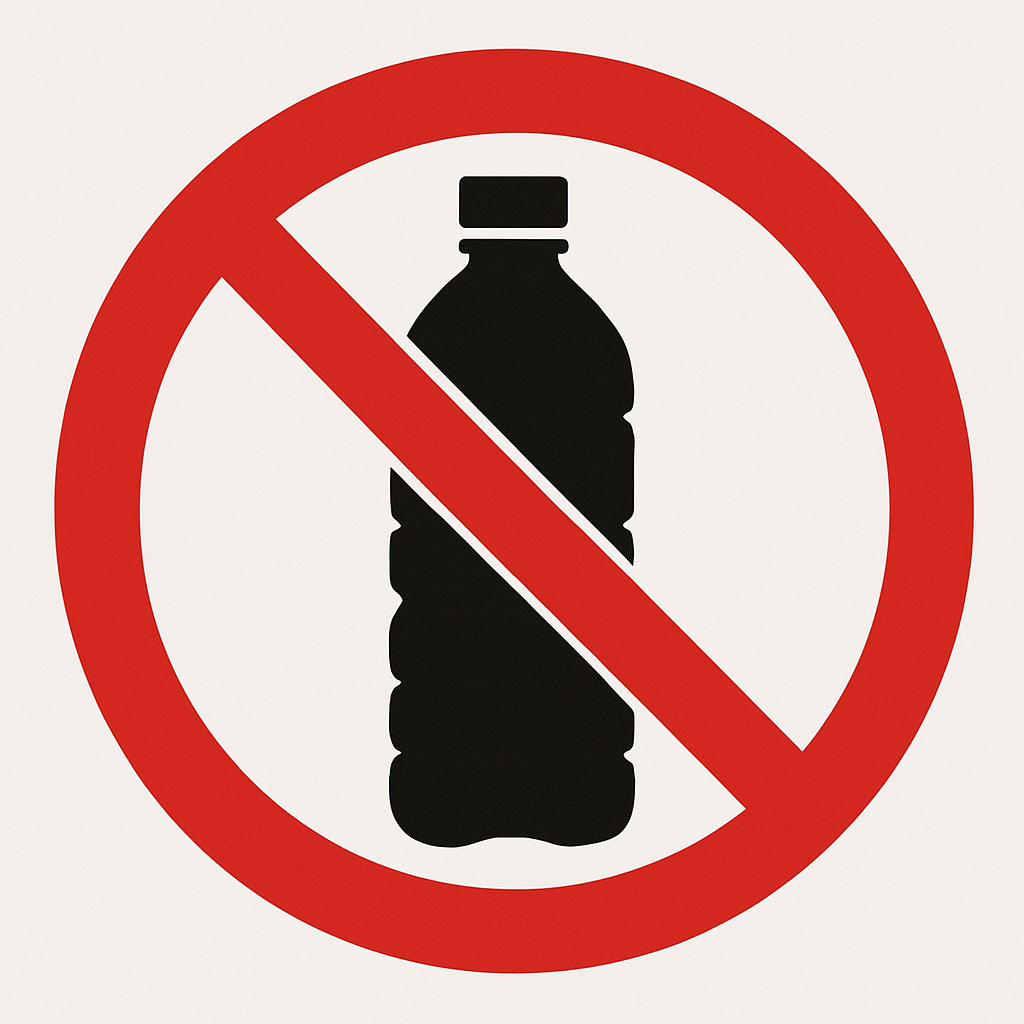








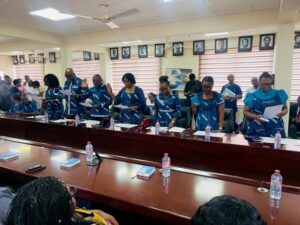

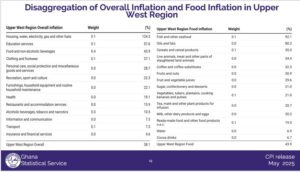
Facebook
Twitter
Pinterest
Instagram
Google+
YouTube
LinkedIn
RSS